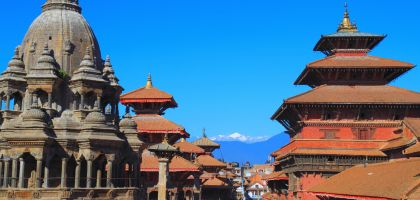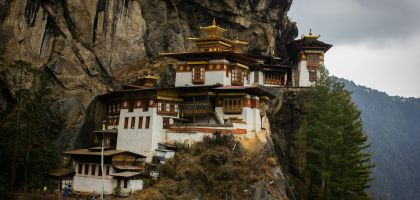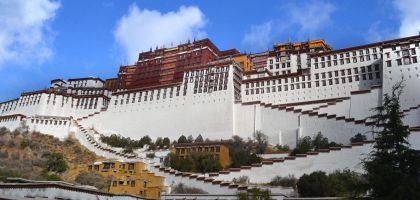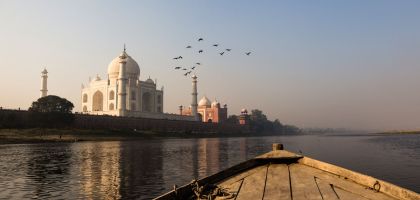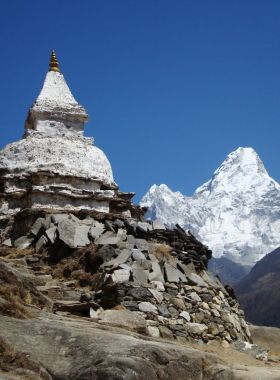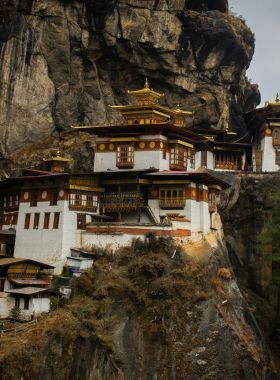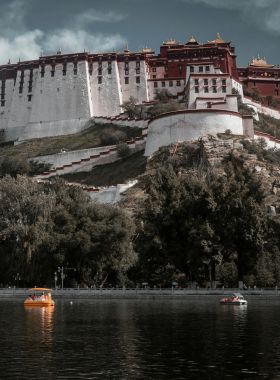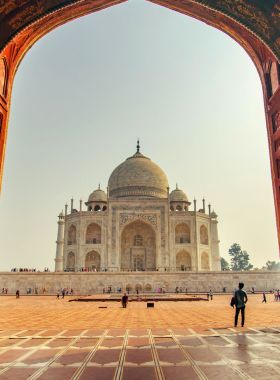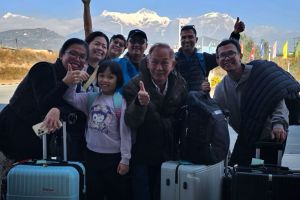Travel Insurance
Travel insurance is an essential part of your journey with High Asia Tours. Whether you’re trekking through the Himalayas, exploring ancient cities, or traveling across borders, having the right insurance coverage provides peace of mind, for both you and us.
We highly recommend that all travelers purchase comprehensive travel insurance before their departure. Some countries may even require proof of insurance upon entry.
What Your Policy Should Cover
Your insurance policy should include (but not be limited to):
-
Trip cancellation or curtailment
-
Medical and hospital expenses
-
Emergency evacuation and repatriation
-
Lost, stolen, or damaged personal belongings
-
Travel delay or missed flights
-
Adventure or high-altitude activities (especially for treks above 3,000 meters)
If your trip includes trekking, overland expeditions, or travel to high-altitude destinations such as Everest Base Camp, Annapurna, Tibet, Ladakh, or Bhutan, please make sure your plan covers evacuation by helicopter and altitude-related illnesses.
What’s Not Covered by Us
-
Trip cancellations or changes beyond our control
-
Illness, accidents, or injuries
-
Delays or missed connections
-
Lost baggage or personal property
We may request your insurance details and emergency contacts before the trip begins.
Choosing a Provider
There are many international insurance providers who offer travel coverage for adventure trips. Look for one that specializes in high-altitude travel, especially if you’re trekking. It’s best to buy insurance at the time of booking so that trip cancellation coverage takes effect immediately.
If you need guidance, we’re happy to recommend providers that past travelers have used.
Traveling without insurance is done at your own risk. We urge all clients to read their policy carefully and understand the inclusions and exclusions. It’s a small investment that can make a big difference in an emergency.
